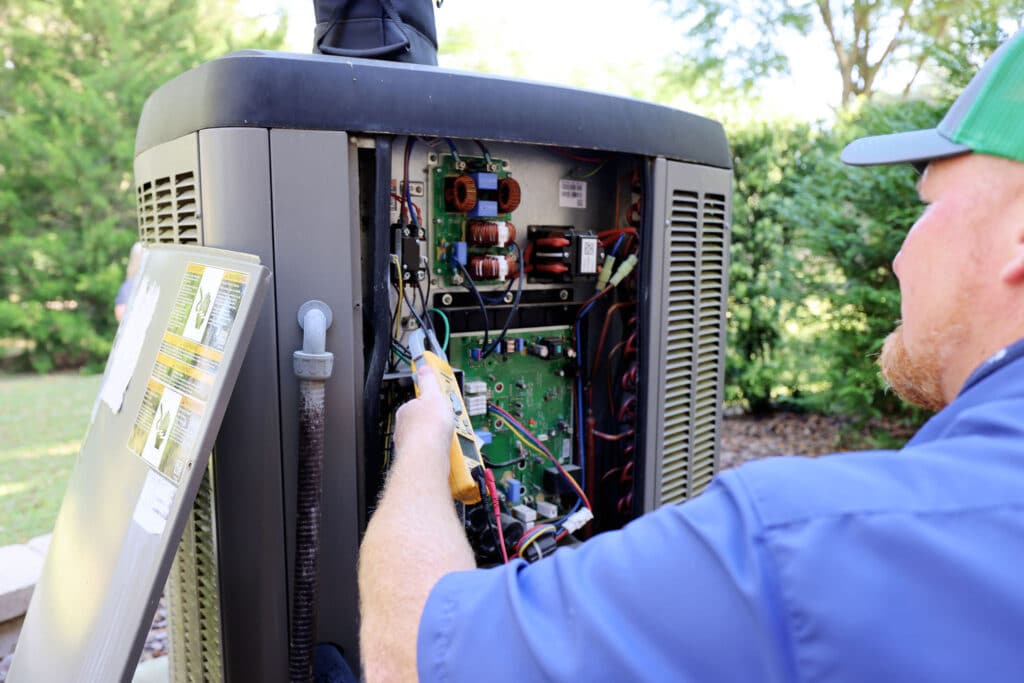Having a functional AC unit at your home and business is important year-round here in Florida. When thinking of commercial vs. residential systems, you may think there isn’t much difference as they both heat, cool, and ventilate spaces. But there are distinct differences between them.
At Comfort Temp, we service both types of units, so we know first-hand how unique they can be. Read on to learn the primary differences between commercial and residential HVAC systems.
Comparing Commercial and Residential HVACs
Size
Size is one differentiator between these 2 heating and cooling systems. Residential HVACs are usually standalone, single units, while commercial HVACs are much larger. This is because commercial buildings are typically bigger and use more energy and power to keep their facilities operating properly. And the bigger the building, the bigger the HVAC units should be to heat and cool the space adequately.
Complexity
Commercial HVAC systems are also more complex in design and function than their residential counterparts, which should come as no surprise considering how much more energy it takes to keep a warehouse or commercial building comfortable. Residential systems have to sufficiently heat and cool much smaller spaces.
However, some smaller commercial spaces can use residential HVACs, so it’s important to use a company that knows what’s best for your needs.
Placement
Residential HVACs are normally placed in the home’s backyard or along its side. Many homeowners opt to have them placed in these locations so service technicians can still get to them easily, but they are somewhat out of sight.
Meanwhile, commercial HVACs are generally rested on the building’s roof due to their large size and noisiness.
Manufacturing and Installation
There is also a difference between how residential and commercial HVACs are manufactured and installed. Residential units are single units that cannot be expanded or modified, with split residential units housed between the indoors and outdoors.
Commercial HVAC units are manufactured as a packaged unit, with all components housed in a cabinet. This modular nature allows technicians to easily maintain and upgrade certain components, adding and removing parts to meet the building’s heating and cooling needs.
Maintenance
Commercial and residential HVAC units also have different maintenance requirements. Homeowners can perform basic maintenance, such as changing the air filters.
On the other hand, the large size, placement, and complexity of commercial HVAC systems mean you’ll need an experienced technician to perform any maintenance. These technicians will know about your unit’s unique structure, and allowing them to perform regular maintenance can help avoid costly repairs.
Comfort Temp Keeps Your Home and Office Comfortable
There you have it — the primary differences between commercial and residential HVAC units. It may not be top of mind for you daily, but staying informed about your unit’s needs will help you stay cool even as the summer heats up. Contact Comfort Temp today if you need residential or commercial HVAC unit installation, maintenance, or repair services in Gainesville or Jacksonville.


